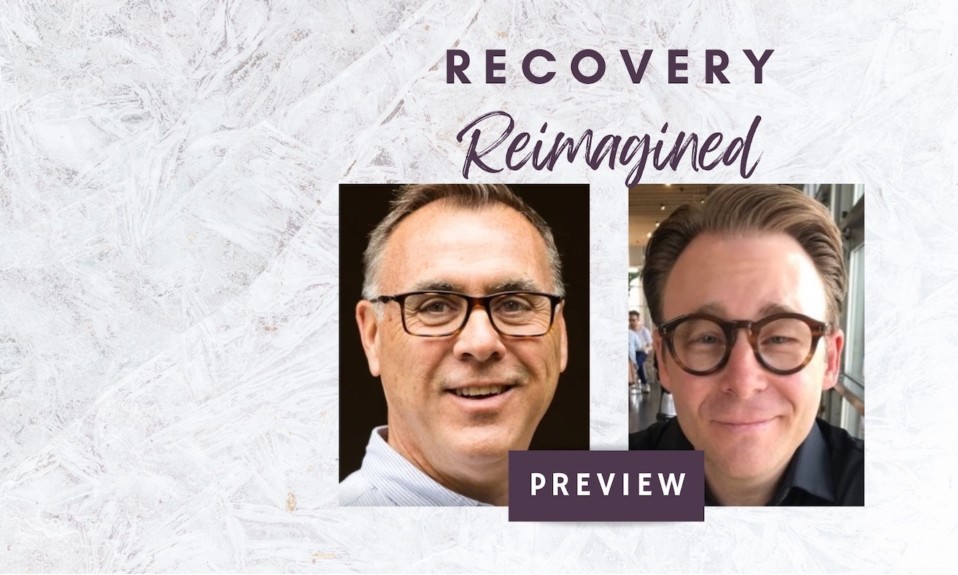With the launch of FoRSE, the association aims to deliver the type of standardized outcomes data that has eluded the field
By Jason Langendorf
One of the most stubborn sticking points slowing progress in the field of addiction treatment has been the lack of standardized tracking of outcomes. But with the creation of a new data program, one prominent organization is aiming to address that glaring weakness, turning data into an industry strength.
The National Association of Addiction Treatment Providers (NAATP) recently announced the unveiling of its Foundation for Recovery Science and Education (FoRSE), a nonprofit entity designed to measure the effectiveness of treatment. FoRSE will oversee the Addiction Treatment Outcomes Program, which curates a repository of patient information—all within prescribed categories and data sets—that is submitted by participating substance use disorder (SUD) treatment centers.
FoRSE will officially launch in December at the NAATP National Addiction Leadership Conference in Denver.
The program’s goal is relatively simple but critical to the advancement of the field: compile aggregate patient data, evaluate treatment outcomes and identify opportunities and cracks in the system with actionable data as participation in the program grows. As NAATP CEO Marvin Ventrell notes, the evidence-based demonstration of treatment effectiveness has real-world effects that can lead to improved access and quality of care.

“As the treatment for the disease of substance use disorder establishes its footprint within the larger healthcare system, it is imperative for its viability, establishment of law and policy, insurance reimbursement and consumer confidence that providers be able to demonstrate quality of care in the manner the system requires,” Ventrell said in a statement announcing the launch of the program. “If we do not do this, we will never be able to successfully address the addiction crisis in this country, and it is a moral imperative that we do so.”
The Power of Treatment Data
The Addiction Treatment Outcomes Program offers, according to the NAATP, “a centralized Data Repository and Application Programming Interface (API), allowing data sharing from different technology systems, with the ability to provide confidential site-specific benchmarking reports on the aggregated data.” The organization isn’t attempting to reinvent the wheel, but rather learn in which contexts the wheel works best and in which it doesn’t.
Addiction hasn’t been as rigorously studied as some other areas of medicine, and so as a result—and for other reasons—addiction and its treatment are stigmatized.”
—Annie Peters, NAATP
“There’s a giant gap between research and practice,” says Annie Peters, Ph.D., LP, FoRSE executive director. “Addiction hasn’t been as rigorously studied as some other areas of medicine, and so as a result—and for other reasons—addiction and its treatment are stigmatized.”
To be clear, Peters is referring in this case not to the stigmatization of addiction as a condition but to the general skepticism surrounding addiction treatment as a competency within the healthcare community. Standardization and the sharing of treatment outcome data, she says, are necessary next steps for advancing the field.
Nineteen facilities have already signed on with the program, nearly matching FoRSE’s goal of 20 within the first year of launch. Peters says the NAATP reached out to members to begin growing the data network, but the program doesn’t require NAATP membership. All treatment facilities—from large inpatient systems to recovery coaches and outpatient MAT centers—are encouraged to participate, and the nature of the program’s API allows for communication across technology systems.
“Lots of different folks who really care about people who use substances have been trying to come at this elephant for a long time, and the problem is we haven’t talked to each other a lot,” Peters says. “If we really are united in our desire to combat the illness and the stigma of addiction, we need to work together.”
Image: Alexander Sinn













